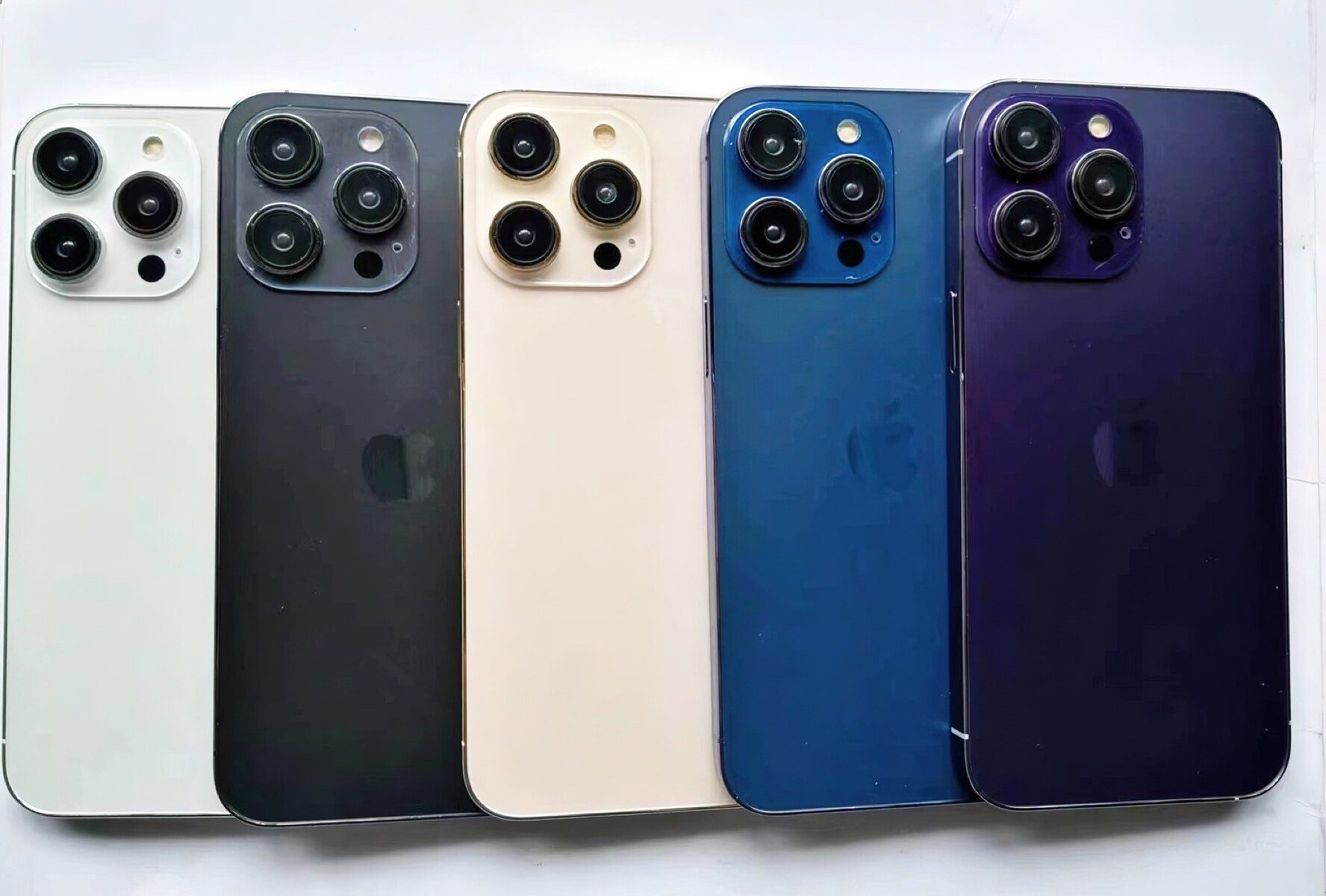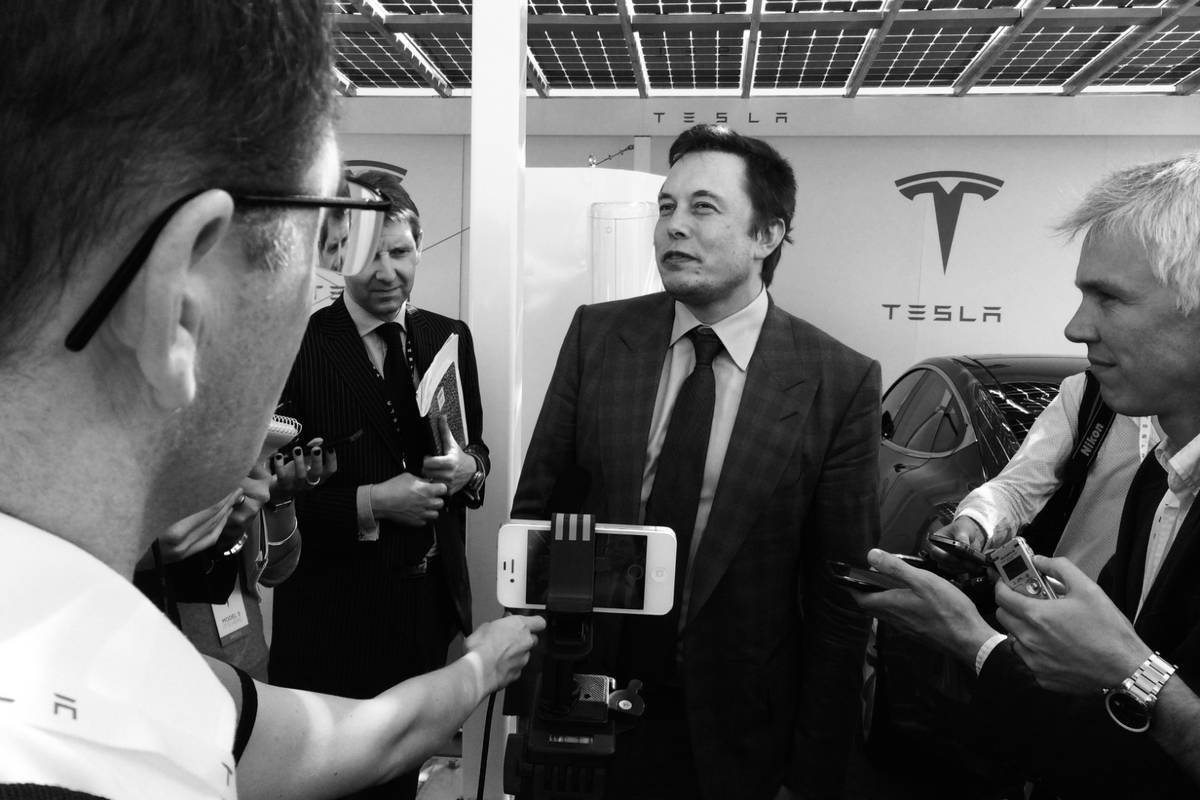It might sound counter-intuitive, but Verizon’s plan to acquire Tracfone from América Móvil is music to the ears of Stephen Stokols.
Granted, it’s the biggest carrier buying the biggest MVNO. But Stokols, who just joined Dish Network as executive vice president of Boost Mobile, sees the acquisition as a nice window for jumping into the Dish/Boost fray. Stokols will lead sales, marketing, go-to-market strategy and operations of the Boost business.
With Verizon and Tracfone focused for the next nine or so months on closing their up to $6.9 billion transaction, they’re not likely to be taking big risks. Longer term, Verizon doesn’t have a lengthy track record for pushing the envelope in prepaid.
“I think there’s an opportunity,” especially with consolidation in the industry, Stokols told Fierce. “There’s really an opportunity to come in and be a disruptor.”
Stokols knows something about disrupting the wireless market. In 2012, he founded FreedomPop, an MVNO whose investors included Skype founder Niklas Zennstom. FreedomPop, which used Sprint’s network, offered free mobile services in the way Skype provided free voice and Spotify offered free music. Stokols said it was offering a second line before T-Mobile started marketing Digits, and data rollover before everybody else jumped on that train.
Red Pocket acquired FreedomPop last year. At the time, Stokols’ intent, working with private equity groups, was to buy Boost. A couple months later, Dish “outfoxed everybody” and did an even bigger deal.
Through the government’s remedy in the Sprint/T-Mobile merger, T-Mobile was required to divest Sprint’s Boost and other prepaid brands; Dish closed on the $1.6 billion deal on July 1, 2020. Dish will use T-Mobile’s network under a favorable MVNO deal while it establishes its own 5G network, which also will be available for Boost subscribers.
RELATED: Dish eyes changes in ‘backwards’ prepaid business
There are indications at Boost that its business is becoming more rationalized. Under Dish’s ownership, there’s been a significant shift away from promotion of unlimited plans into the direction of plans with limited amounts of data, typically 12GB-15GB allotments, according to Jeff Moore, principal of Wave7 Research.
“However, the DNA of Boost Mobile has remained intact,” Moore said. “The carrier continues to be feisty, promotional, and aggressive,” with efforts to “own the mile” ranging from door hangers and store events to “golden tickets” for lifetime discounts for switchers from Metro by T-Mobile and AT&T’s Cricket.
A head start – and big aspirations
A year ago, after having done his due diligence in preparation for that ill-fated acquisition, Stokols had a lot of ideas for making Boost a better business. A lot of those opportunities still exist today, whether they’re about doing more digitally or introducing more innovative value-added services to drive ARPU.
RELATED: Boost founder bucks waves, fights new MVNO battle
Boost launched in the U.S. about 19 years ago with a bold attitude and an emphasis on the youth market. While some of that DNA remains, the reality is, “we’re going to try to expand the appeal of Boost,” Stokols said. “It’s got some good brand equity, but ultimately, we’d like to make it much more of a household name” and appeal to a broader audience through competitive pricing and expanded distribution.
“I think there’s a huge opportunity to take a page out of the FreedomPop playbook and really build out a very robust and best-in-class digital capability,” especially in the telco space where the big carriers are not very good at digital, Stokols said.
Shifting more to a digital format is not a only cheaper and a more efficient way to conduct business, it’s being accelerated in the age of Covid. On the handset side, where the generational changes are not as marked as they used to be, people are more comfortable purchasing new models online without having to do a test run at a physical store. There’s also the opportunity to advance the use of SIM and eSIM technologies without having to hold a lot of device inventory.
Stokols is based in Los Angeles and Boost’s original office is, conveniently, located in Irvine, California. The plan is for him to move to the Denver area full-time in 2021. He reports to John Swieringa, Dish group vice president, Retail Wireless and COO. David Kim, Dish SVP of retail wireless sales and operations, reports to Stokols. Kim, who was at Clearwire before Sprint, deserves a lot of credit for building out Boost and its distribution to what it is today, Stokols said.
About that name: FreedomPop. What does it mean exactly? Stokols said the name might have been too clever. The “Freedom” part is pretty clear. “Pop” refers to the points of presence term that’s commonly used in the wireless industry referring to covered population. But ultimately, “I ended up explaining it more than I probably should,” he said.












